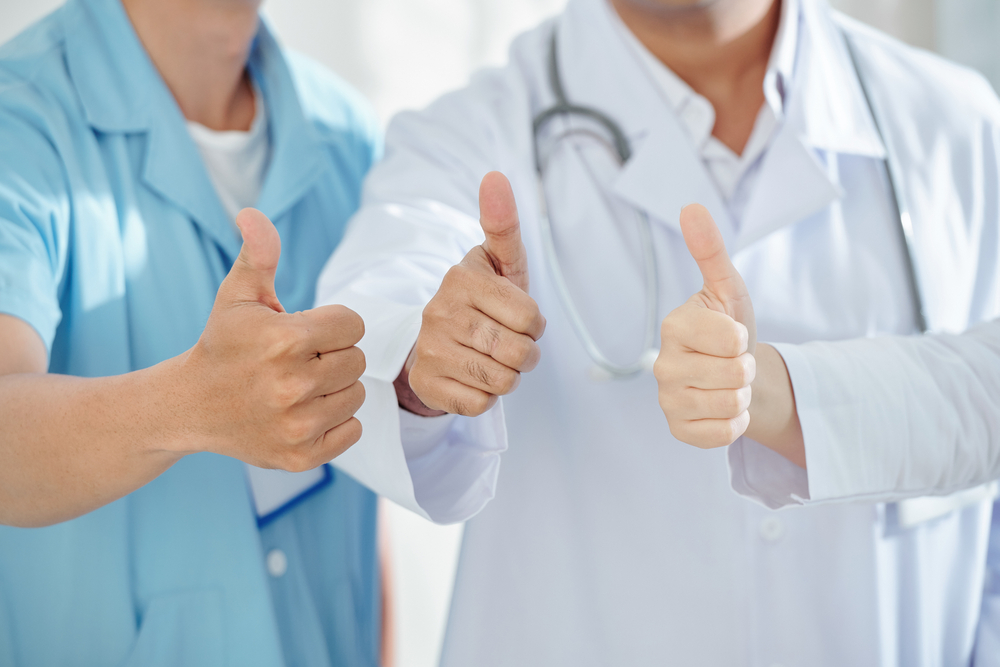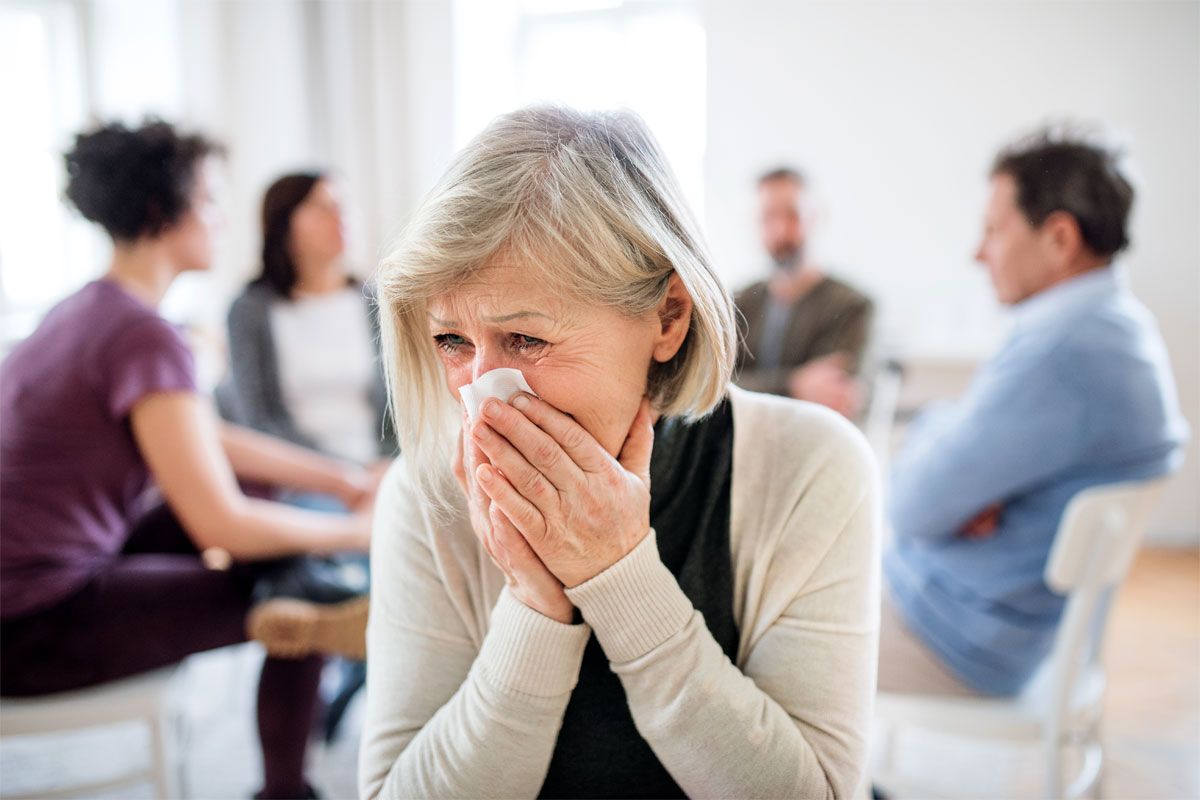How Healthcare Nonprofits Benefit Your Community
When a person visits the doctor, dentist, psychologist, optometrist, or emergency room, they usually don’t even think about whether the clinic or hospital is a nonprofit or for-profit entity. Yes, these types of entities have different responsibilities when it comes to paying taxes, but there are also important distinctions between the two that results in nonprofit healthcare providers playing an important, irreplaceable role in our communities.

6 Ways Nonprofit Healthcare Providers Benefit the Community

1. Lower Cost, Same Quality
Nonprofit healthcare providers don’t answer to investors, don’t have to worry about reinvestment, and they aren’t focused on financial growth. However, they are held to the same quality of standards as for-profit healthcare entities. As a result, patients of nonprofit healthcare providers enjoy the same level of care at a much lower price.
2. Community Outreach and Orientation
Nonprofit healthcare providers answer to their board of directors and the community. As a result, they’re focused on providing higher quality community outreach programs, certain services for free, listening to community feedback, and orienting their services to their community’s specific needs.
3. Accessibility
Regardless of the patient’s ability to pay, all healthcare providers are required to provide care to stabilize patients who are in danger. Once patients are stabilized, for-profit providers can lawfully discharge patients who can’t afford ongoing care. Nonprofit healthcare providers are required to treat all patients, regardless of the direness or severity of their situation. Life-threatening or not, able to pay or not, nonprofits treat all patients in all conditions.
4. Uncompensated Care
Nonprofits are also expected to provide a certain percentage of their care for free. As a result, they often forgive unpaid bills and offer community clinics free of charge.
5. Don't Pay for Unnecessary Services
Since nonprofit healthcare providers aren’t worried about satisfying investors or achieving financial growth, they have no incentive to administer or excessively up-charge patients for non-essential services like aspirin or inexpensive laboratory tests.
6. Variety of Services
Nonprofit healthcare providers tend to offer a wider variety of services than for-profit healthcare entities. As a result, patients can access all the services and specialists they need in a single location.
Learn How Gulf Coast Health Center Can Benefit You
With five locations and a mobile medical center, we specialize in providing high-quality, affordable healthcare services to residents of Southeast Texas. As a nonprofit healthcare provider, we strive to make high-quality medical care accessible to everyone. Gulf Coast Health Center offers general health and wellness, behavioral care, dental, vision care, and more to patients!
To learn more about our services or to schedule an appointment, we welcome you to contact the Gulf Coast Health Center location nearest you.










